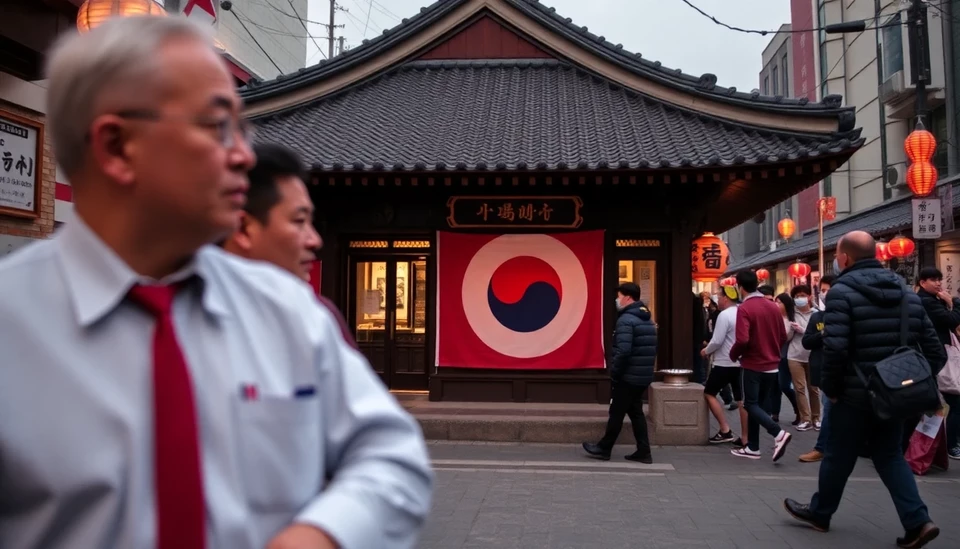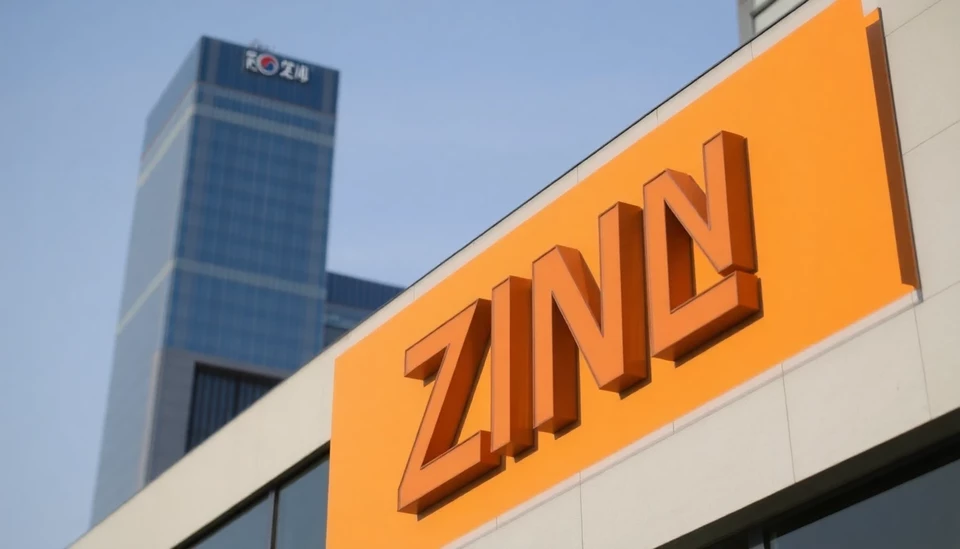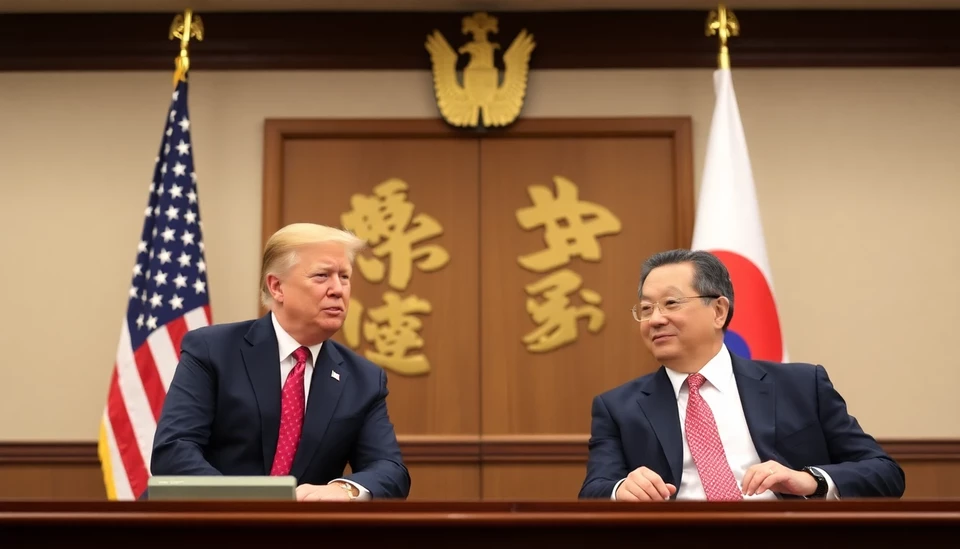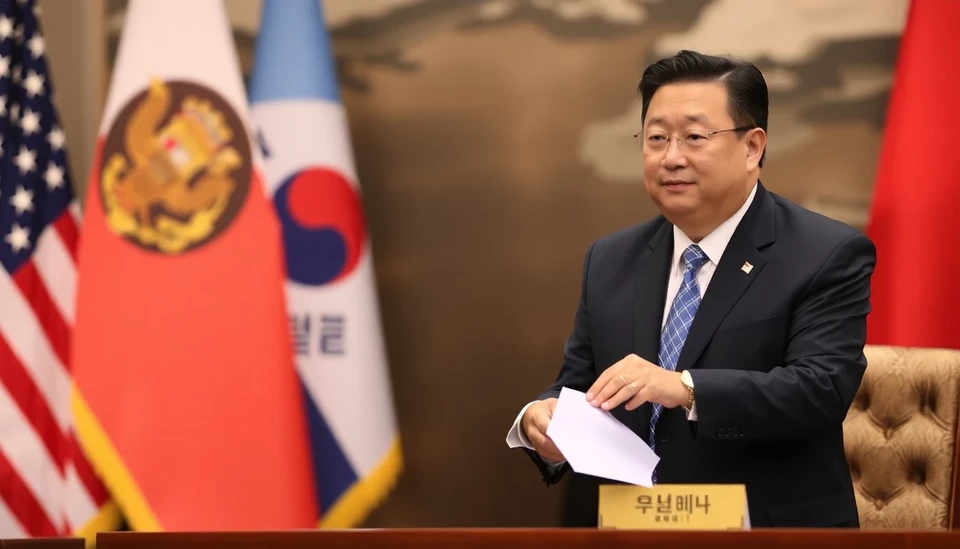
In recent times, South Korea has been grappling with significant economic hurdles, and the situation has been exacerbated by a notable political crisis. As the nation strives for growth, the interplay between these two factors has begun to shape both the domestic landscape and international perceptions of the country.
Latest reports indicate that South Korea's economy is fighting to maintain its growth trajectory. With key indicators revealing sluggish performance, analysts are increasingly concerned about the future. The context is crucial: high global inflation coupled with geopolitical tensions has introduced a layer of complexity to the country's economic outlook.
Despite being one of Asia's powerhouse economies, South Korea is now facing the repercussions of a divided political landscape. The political climate has been marked by uncertainty, with differing factions struggling to present a united front. This division not only hampers effective governance but also stifles critical decision-making that is vital for economic progress.
In the heart of this situation is the labor market, which has shown signs of faltering. Job creation has slowed, and youth unemployment remains a pressing issue. Factors such as changing industrial demands and technological advancements have further complicated the labor dynamics. This stagnation in the workforce affects consumer confidence, which in turn dampens overall economic activity.
Moreover, South Korea's export-dependent economy faces additional strain, particularly from the semiconductor industry, which has been struggling with both domestic issues and external competition. The recent global decline in semiconductor demand highlights vulnerabilities that the nation may have overlooked in better economic times.
The political crisis has not only served as a backdrop but has also directly influenced economic strategies and reforms. Proposed measures aimed at stimulating growth have often become sidetracked due to legislative gridlock. As the government attempts to navigate its internal challenges, the potential for long-term economic recovery appears increasingly uncertain.
Market experts now urge for a more cohesive policy framework that harmonizes economic aspirations with the political realities South Korea is currently wrestling with. This entails fostering dialogue across political divides and rallying around common goals that prioritize national prosperity.
In conclusion, South Korea finds itself at a critical juncture where the interplay of economic fragility and political dysfunction presents a formidable challenge. The path forward will require vigilant leadership and a collaborative approach to not only stabilize but rejuvenate the economy. As the situation unfolds, many are watching closely to see how the administration will respond in this intricate landscape.
#SouthKorea #Economy #PoliticalCrisis #GrowthChallenges #Semiconductors #LaborMarket #JobCreation #YouthUnemployment #GovernmentPolicy #EconomicRecovery
Author: Laura Mitchell




